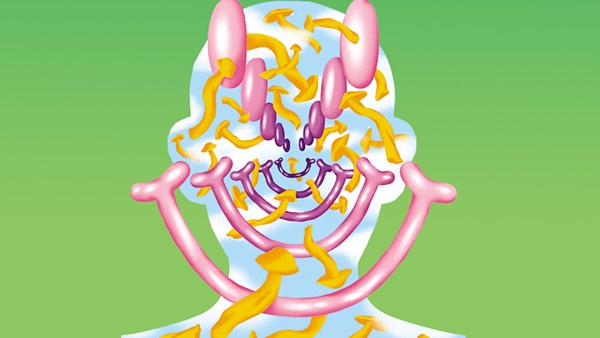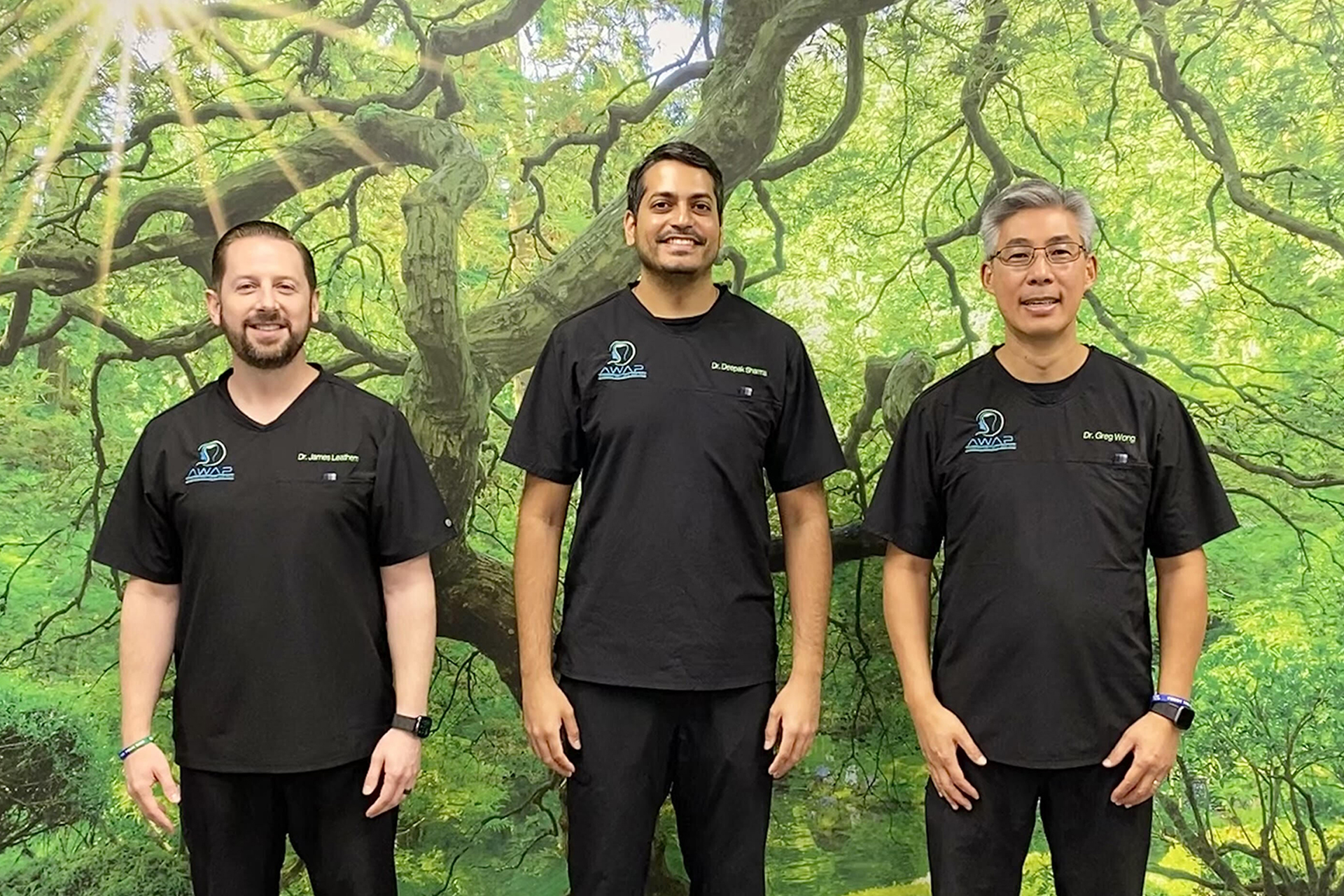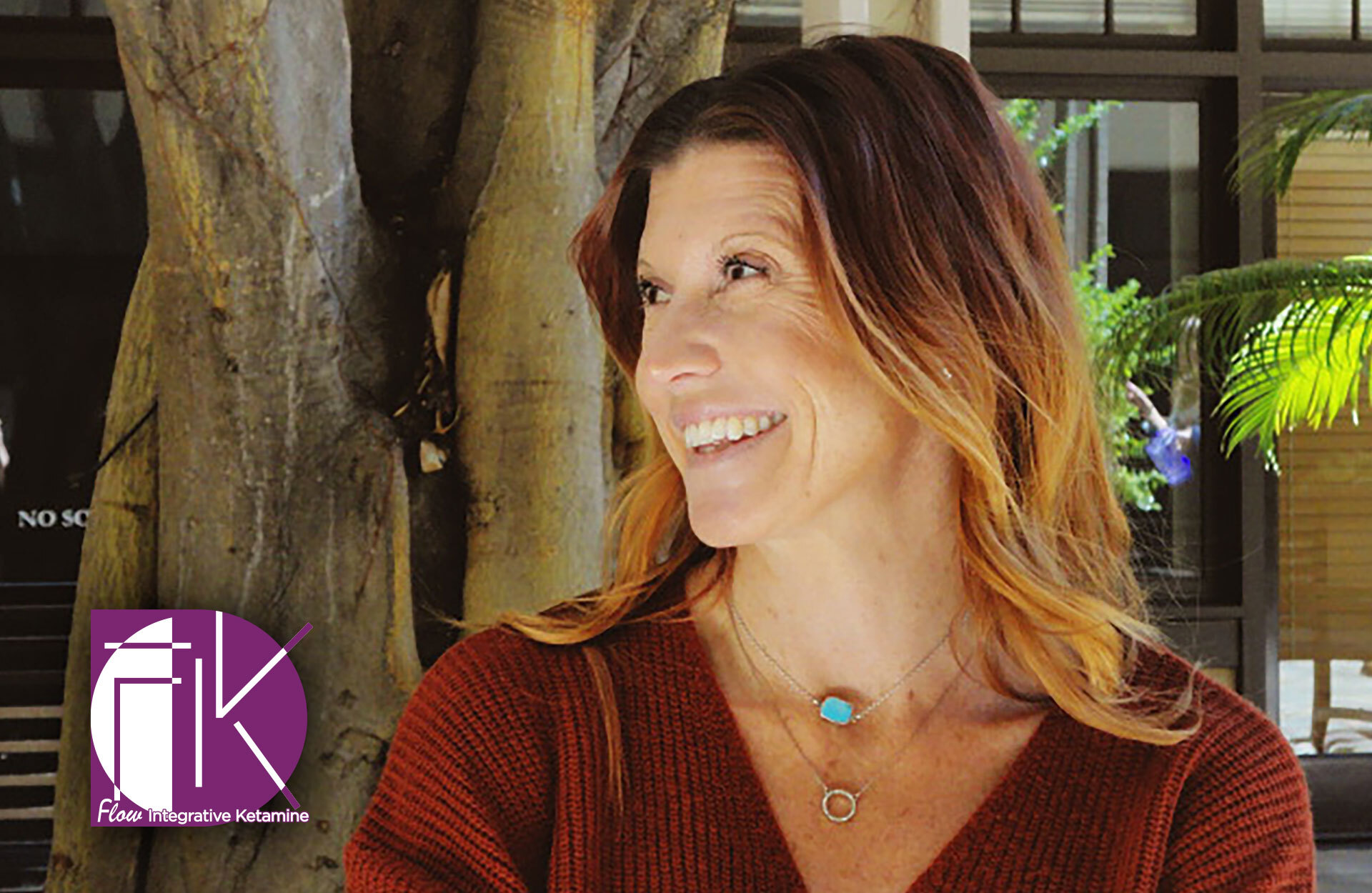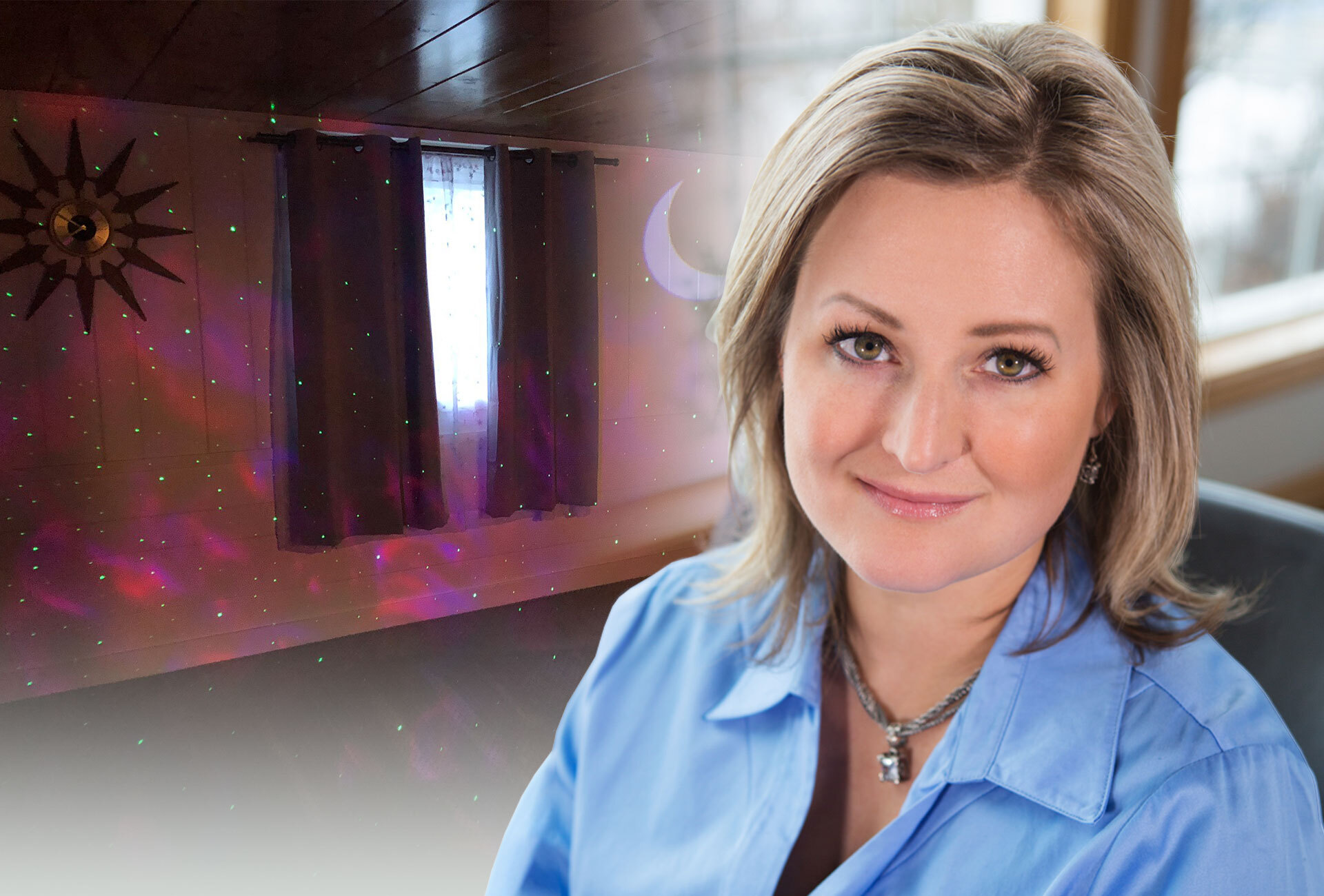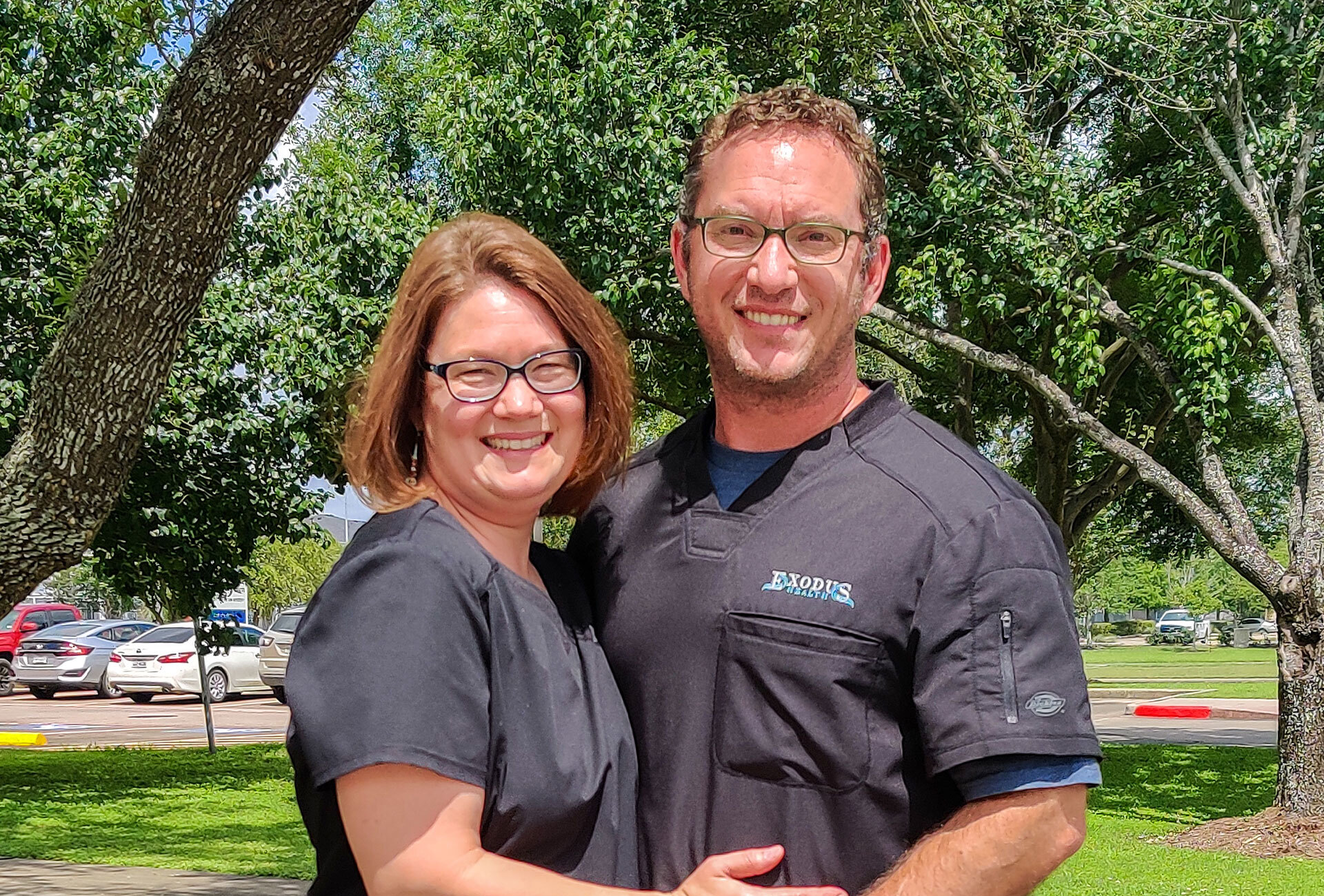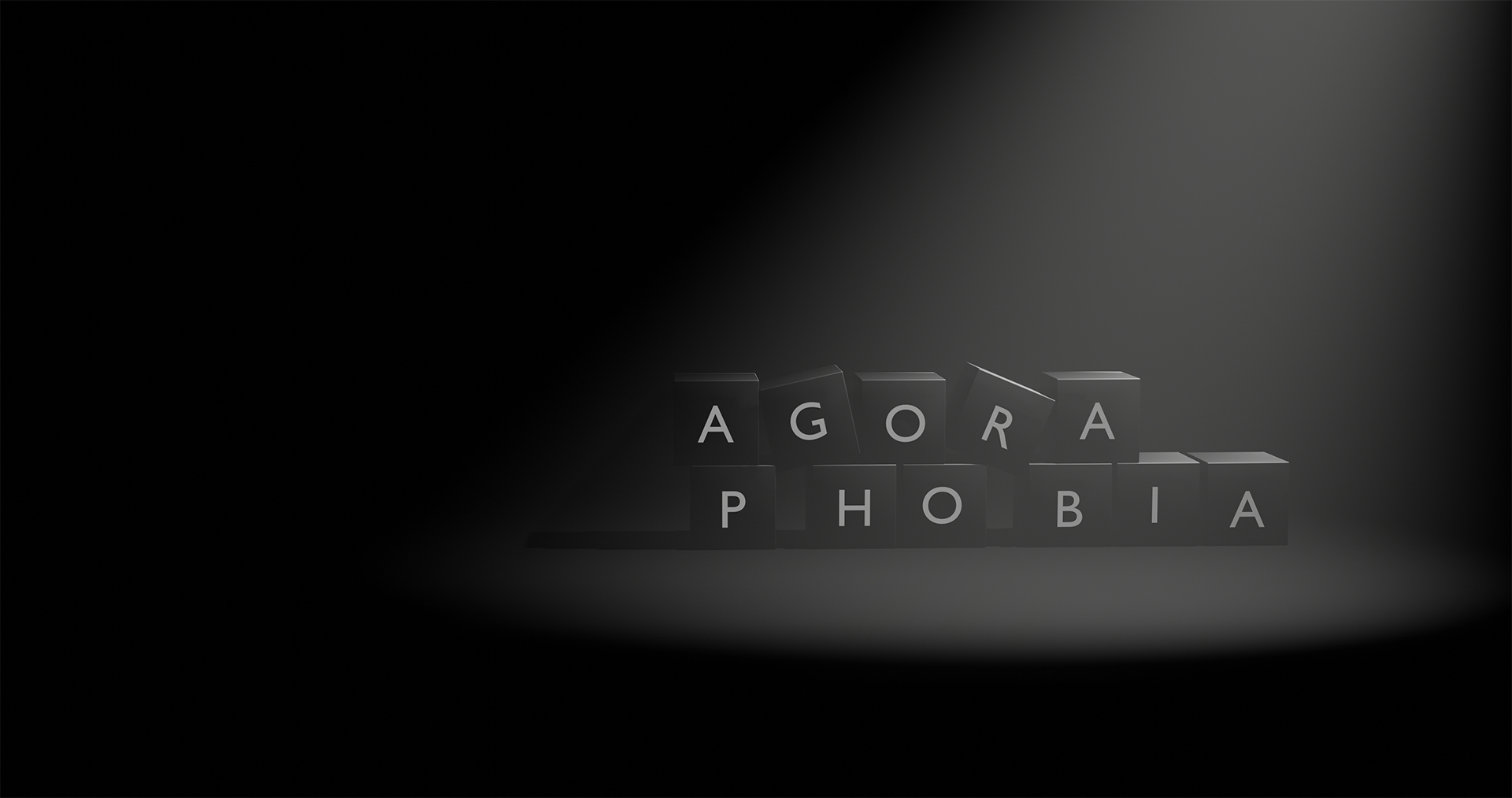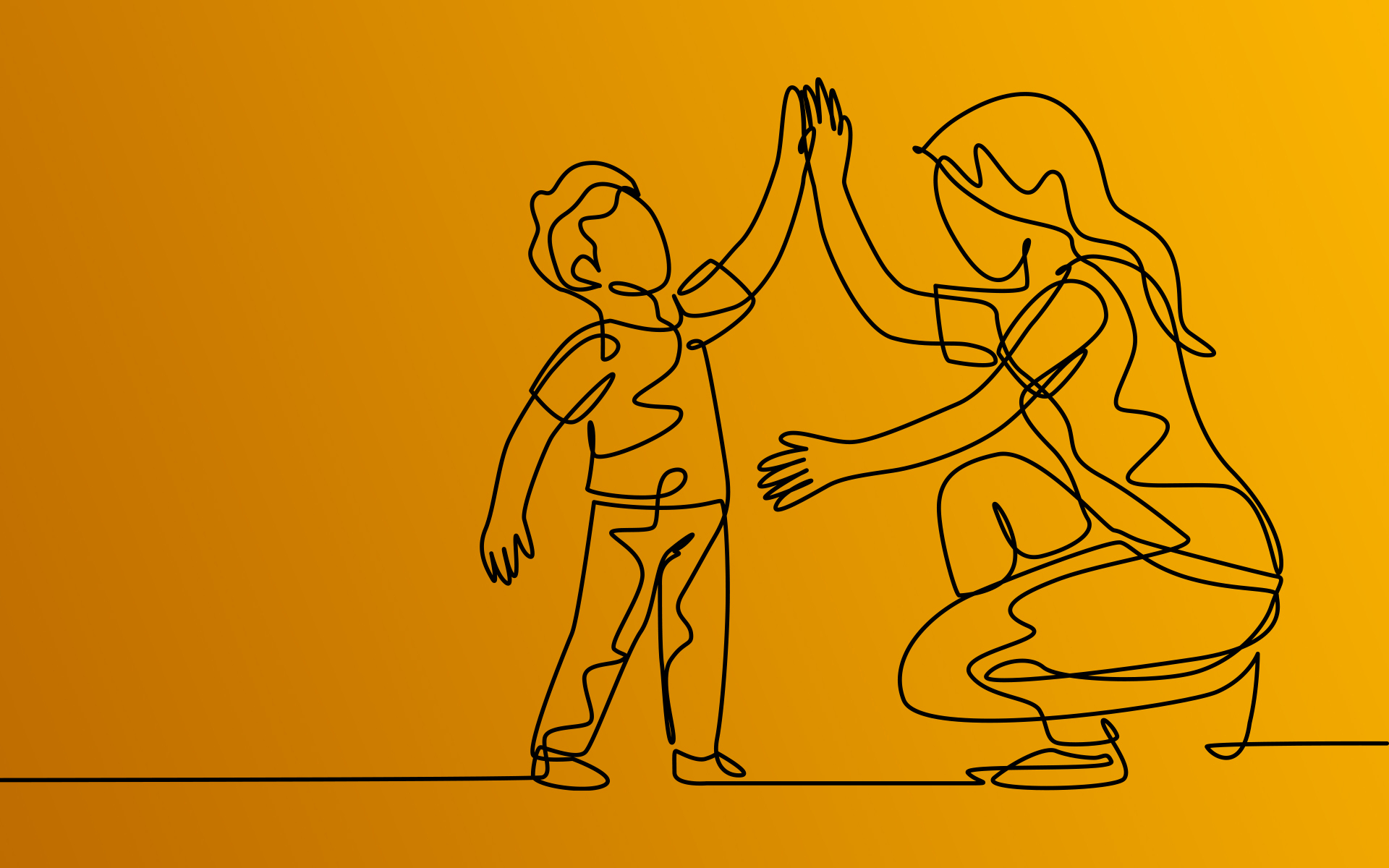“The light at the end of the tunnel” is a phrase I found myself turning to much more frequently since 2020. Nobody is walking out of the events of the last 18 or so months unscathed, but the hope is that we emerge wiser for the wear.
The problem with the light at the end of the tunnel is that, by definition, you rarely see it when you embark on this journey. You have no choice but to dive headlong into darkness, hoping that the light will be there to greet you soon.
There’s no sugar-coating it: this is hard – to get in the car, fasten your seatbelt, put the keys in the ignition and depart without any sense of where you’re going or who you’ll be when you get there. It’s during these times we most often could use a hand.
Not a helping hand; no, we can make it ourselves. Not a guiding hand, either – the road is long but we know we’re on the right path. What we need most is a handshake, someone who’s been down this road before who can assure us that, yes, it is difficult but in time we will emerge on the other side bathing in the light of new hope that was once just a far-off glimmer.
That, more than anything else, is the goal of the providers at Advanced Wellness and Pain. It was made abundantly and refreshingly clear to me over our recent Zoom call – the new normal, it seems – that their mission is to create a treatment center that patients can trust. Trust not just to be experts in their fields, but also trust to know they have been there, and they understand.
Advanced Wellness and Pain was born out of its founders – James Leathem, DO, Gregory Wong, MD, and Deepak Sharma, MD, MBA – and their understanding that 2020 exposed us to the gaping wounds of our healthcare model; their understanding that not only do we need new treatments, but most importantly we need providers who understand them and how they make patients feel.
Continue reading for our full conversation about their backgrounds, their commitment to patient care, and the new clinic facility they have moved to.
What separates Advanced Wellness and Pain from other clinics?
First, we are three board-certified physician anesthesiologists who directly participate in each patient’s care. We intake each patient and directly administer the ketamine ourselves. In addition, we optimize dosing both during and between infusions. We will often micro-bolus patients during their infusion to achieve optimal ketamine experiences in our clinic. Then, depending on the patient, we will escalate our dosing to achieve dissociative experiences by their 5th or 6th infusion.
The most important distinction is that we have worked tirelessly to create a comprehensive integrated program that helps our patients create life-long results for their mood, chronic pain, and substance abuse disorders. Furthermore, we have a unique partnership with a psychedelic integration coaching company. We are the only ketamine clinic in the state of Arizona with this partnership. They are experts in psychedelic integration and help our patients prepare, process, and integrate their ketamine experiences into their lives. We also collaborated to author a ketamine preparation and integration workbook that combines our knowledge and expertise. This helps to create a more consistent experience for our patients and encourages them to be an active participant in their healing journey.
This is key for immediate and long-term results. It’s common for patients to be confused with some of the ideas they encounter during or after their infusion sessions. Our coaches are able to help clarify and assist our patients by insightfully unpacking their revelations in the 24-48 hours post-infusion. Coaching them with integrative and cultivative techniques are critical and necessary for sustained results. On top of that, we teach meditation, mindfulness, breathwork, journaling, visualization, and other life hacks to sustain a positive mindset. This has allowed us to create a success rate of over 95%, compared to the reported national average of 70%.
How much time do you spend taking care of each individual patient?
The time involved for our first infusion session is two hours, subsequent sessions are one-and-a-half hours. In addition, there are three hours of 1:1 integration coaching. The induction or stabilization phase of six infusions, over the course of two to three weeks, involves over 12 hours of time with each individual patient.
What can you tell me about your commitment to patient care?
Our commitment to patient care is unprecedented and another key to what sets us apart from other facilities. Not only is our set and setting pushing beyond typical expectations, but our patients have messaging access to us at any time of the day as part of our program. They will have two, often three physicians interacting with them during any visit. We converse with our patients before starting each infusion and after each infusion to help them optimize their sessions.
There is a lot of excitement around our ongoing clinical study for first responders affected by PTSD that started earlier this year and should be completed by this year’s end. The early data has been fantastic and we should be publishing our results soon.
How does the new office facility help you treat your patients?
We just built a brand-new beautiful state-of-the-art clinic in Scottsdale, Arizona. It was designed specifically for ketamine infusion treatments in order to optimize the patient’s setting, which is crucial to the experience. We have five private rooms with integrated healing music, LED color lighting, vibro-acoustic meditation cushions, zero-gravity chairs, and exquisite artwork. We have created the safest setting for our patients to heal from within.
Can you each tell me a little bit about your background and expertise?
James Leathem, DO
I completed my Osteopathic Medical Degree at Midwestern University in Glendale, Arizona in 2011. I have been an anesthesiologist since 2015 and trained at Michigan State University. In hindsight, I was lucky to have trained at a very ketamine-centric program. Not all anesthesia programs embrace the use of ketamine equally. We embraced a multimodal approach and ketamine was often part of the anesthetic plan. That is the beauty of anesthesia, it is both an art and a science. In my professional opinion, I think ketamine often improves the anesthetic picture for the patient.
When I was a medical student, having to decide which specialty to pursue, I was conflicted between anesthesiology, family medicine, and psychiatry. Ironically, what I do now is essentially a merger of those three fields. I have administered ketamine to thousands of patients in my career, perfecting my understanding of its dosing and pharmacodynamic effects.
I do a thorough medical history on my patients so I can better understand them from a bio-psycho-social-spiritual point-of-view. I have a passion for exploring consciousness and helping others to evolve their perspective. I also recently became a certified psychedelic integration coach in order to strengthen my ability to care and connect with my patients.
I realize we are all a work-in-progress and societally we are amidst a mental health crisis in the United States. I want to be a part of the solution by catalyzing the healing of patients through the careful administration of psychedelics, ketamine being the only currently-legal psychedelic. We are likely to see a lot of changes in the next two-to-four years involving psychedelic medicines, also known as entheogens, due to the tireless efforts of MAPS.
These are exciting times and I feel fortunate, through the use of my knowledge and skills, to play an integral role in the healing journeys of my patients. Providing hope and attaining positive results for those that have tried so many other options and have been labelled as “treatment-resistant” is truly fulfilling.
Deepak Sharma, MD, MBA
I completed a dual degree in medicine and business at Drexel University in Philadelphia in 2012. I did my residency training at Mount Sinai Morningside-West Hospital in New York City and have been an anesthesiologist since 2016. In my training, we frequently administered ketamine infusions in the operating room as a multimodal approach to managing surgical pain. Patients required significantly less amounts of opioids to control their pain after surgery because of ketamine.
Our pain management service also administered ketamine infusions to treat patients with Complex Regional Pain Syndrome (CRPS). Most of these patients had accompanying mental health problems, such as anxiety and depression. They would notice that after ketamine infusions, not only would their pain reduce, but their anxiety and depression would also diminish. Had I not been exposed to the powerful benefits of ketamine in my training, I would likely not have gone down this path of becoming a psychedelic medicine physician today.
Unfortunately, most practitioners don’t get enough exposure to ketamine so they have misguided opinions about its value. Even more unfortunately, I’ve found in my career as an anesthesiologist that the healthcare industry has misguided opinions about the value of anesthesiologists and physicians as a whole.
After working in multiple large organizations, both corporate and academic, I realized that I was just a cog in the wheel of a massive machine. I had very little autonomy over how I practiced and I was constantly under pressure to produce. Quantity mattered more than quality to the CEOs. This is the current state of healthcare: big conglomerates merging to form even bigger entities; controlled by private equity forms; managed by bloated administrative staff; with doctors, nurses, and other providers serving as the labor force.
But most of us providers put up with it because of the competitive salary. Kevin O’Leary, a prominent businessman and television personality on Shark Tank, once said that “a salary is the drug they give you to forget your dreams.” That phrase really stuck with me. Although I’ve given up the comfort of a salary to start this venture, I feel much more spiritually satisfied that I’m part of this revolutionary psychedelic movement and that I’m helping to build a resource for struggling patients.
I’ve struggled in many instances in my own personal life, and I know how it is to feel incapacitated from stress, anxiety, and depression. In fact, residency was so stressful that two of my colleagues I trained with committed suicide. It was through my own journeys with psychedelics that I was able to gain a new perspective on life and be resilient enough to persevere through adversity.
My mission now is to show others this new perspective. Helping others navigate through their mental blocks and potentially saving lives in the process is exactly what I want to be doing.
Gregory Wong, MD
I graduated from the Chicago Medical School in 1992 and completed my anesthesia training at the University of Arizona in Phoenix in 1996. I trained using ketamine frequently during high risk obstetrics cases. Although many people believe that ketamine is a dangerous drug, it is actually one of the safest anesthetics that we have available to use. Ketamine’s safety profile makes it one of the preferential drugs during emergency surgeries.
Over time, us anesthesiologists found secondary benefits that began showing up during patient’s times of stress. We discovered that at low doses of ketamine, patients’ pain syndromes as well as depression were improved. The secret is that when ketamine is used at low doses, it partially blocks the NMDA receptor. This has a very different effect than when given at large doses as in a typical anesthetic. It literally causes neuroplasticity, or new neural pathways.
When used properly, this allows our patients to heal from within. As we have all become more aware of the mental health and substance abuse crisis in our country, I believed it was important for me to take an active role as a physician leader for a solution. The ability to shape the future of patient care through psychedelic medicine is both an intriguing and extremely rewarding practice. We are in the middle of a paradigm shift in mental health care.
We are offering our patients the chance of healing and repairing past emotional traumas with our ketamine-based wellness program. It is unlike typical pharmacologic antidepressants and central nervous system medications that function more like a band-aid than a healing process. Although quite a few ketamine clinics have opened up over the last two or three years, we are still at the infancy of psychedelic medicine. The clinical trials of MDMA and psilocybin show us that new legal compounds will be available in the next two-to-four years.
Our clinic’s plan is to demonstrate how these compounds are even more useful when combined with an integration process. This is precisely why we launched our own clinical study using ketamine and integrative coaching for PTSD patients over a multi-month time frame. For this reason, I feel we run one of the top ketamine clinics in the country. We have scrutinized every aspect of the process and worked to optimize the patient experience.
The results have produced an amazingly high success rate of over 95%. This is well above the national average, so I know our clinic is performing at a very high level.
What led you to start a ketamine clinic?
Our anesthesia business slowed down quite a bit during the COVID crisis in 2020. We saw the amount of mental health illness rising in our country. We looked at the landscape of care and thought we could do an exceptional job of taking care of patients with ketamine, since we were all experts using ketamine in our combined 40+ years of clinical anesthesia practice. We saw that mental health/depression is predicted to be the leading cause of disability by 2030. This led us to believe that we could be leading contributors to shaping psychedelic medicine treatment in the future and evolving the paradigm surrounding mental health care.
What lessons have you learned about mental health during your time at Advanced Wellness and Pain?
We learned that there are a lot of people suffering with their mental health and COVID exacerbated the problem for many. We also learned that most ketamine clinics are not supporting their patients optimally during their acute phase of care. Most do not offer services beyond just the infusion of ketamine itself.
Ketamine is not a magic bullet. Rather, it is a powerful tool and catalyst to healing when set and setting are optimized, the ketamine is precisely dosed, and the patient receives proper preparation and integration coaching. We have had several patients receive care from us after having received ketamine infusions elsewhere. They all resoundingly confirmed we have a truly unique process.
We realize that having strong mental health is a result of conscious daily practice. You have to be an active participant in your healing. Just like we need a good diet and exercise to optimize our physical health, we need a good diet and exercise for our mental health. In this case, diet is composed of our social media feed, news, screen time, human interactions/relationships, nature exposure, sleep and consumption of psychotropic substances; and exercise is daily meditation, mindfulness, breathwork, activities, guided journaling, and recognizing your internal narrative.
We also offer patients infusions of essential vitamins, minerals, anti-oxidants, and NAD+ to further optimize the patient’s internal milieu as they heal.
We personally guide our patients through this often anxiety provoking or confusing foreign process. It is paramount to a patient’s success. Asking a patient to navigate their subconscious when they have debilitating depression or general anxiety is a huge task to ask someone to conquer on their own.
What should I ask you about that I didn’t know enough to ask?
A question that many people probably wonder about a physician who administers ketamine to help others heal would be, “have you ever tried the infusion yourself?” The short answer is yes. You can only lead someone as far as you have gone yourself.
In our professional opinion, you can read about ketamine all you want. Unless you have personally experienced it in an optimized safe-setting, you will not fully understand its effects on the mind and its healing potential. It is our understanding that less than 10% of ketamine practitioners have in fact tried an infusion themselves. Maybe most won’t be honest and admit it. Maybe it’s higher than 10%.
Regardless, if I were a patient, I would want to go to a doctor who has actually journeyed with the medicine. Otherwise, how do you truly relate? The experience at times is ineffable. Would you take swim lessons from an instructor who can’t swim? I think not. In our professional opinion, you must have walked the walk in order to fully understand the unique healing potential of ketamine and the potentially transformational impact of the psychedelic medicine renaissance that is before us.
In Conclusion
To learn more about Advanced Wellness and Pain’s innovative treatment options, visit their website here or call them at (480) 546-5615.
